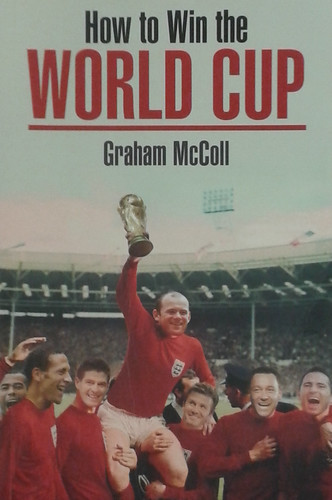It’s that time of year when people look back at over the year that was 2014 (1-5). The place where I work, celebrated it’s 50th anniversary. Colleagues put together a little booklet of facts and figures with an some accompanying web pages to mark the occasion. My personal favourite factoid compares computing in 2014 with 1964. The Atlas Computer represented the state of the art in computing in 1964, and today that crown is held by SpiNNaker – a very different kind of computer.

50 years of computing (and pipe-smoking is lesson common around computers)
Sometimes, numbers speak louder than words, so here is a numerical comparison of Atlas (1964) with SpiNNaker (2014):
| Feature (see this) | Atlas Computer (1964) | SpiNNaker (2014) |
|---|---|---|
| Size | A very large room | 19 millimetres square |
| Transistors | 60,000 | 1,100,000,000 |
| Instructions per second | 700,000 | 3,600,00,000 |
One way of looking at this data is to say, based on the the instructions per second, SpiNNaker is around ~5000 times faster than Atlas. But what is probably more interesting is that SpiNNaker (which is due for completion in 2015) is expected to be used by neuroscientists and psychologists, as a platform to study problems such as Alzheimer’s disease – something that would have been impossible (and unthinkable) only fifty years ago [6,7]. Wonder where the next 50 years will take us in 2064?
References
- Anon (2014). The most-read Nature news stories of 2014 Nature DOI: 10.1038/nature.2014.16550
- Morello, L., Abbott, A., Butler, D., Callaway, E., Cyranoski, D., Reardon, S., Schiermeier, Q., & Witze, A. (2014). 365 days: 2014 in science Nature, 516 (7531), 300-303 DOI: 10.1038/516300a
- Anon (2014). 365 days: Nature’s 10, Ten people who mattered this year. Nature, 516 (7531), 311-319 DOI: 10.1038/516311a
- Katherine Maher (2014) What did the world make 100 million edits of in 2014? Wikimedia blog
- Hand, E. (2014). Comet Breakthrough of the Year + People’s choice Science, 346 (6216), 1442-1443 DOI: 10.1126/science.346.6216.1442
- Furber, S., Galluppi, F., Temple, S., & Plana, L. (2014). The SpiNNaker Project Proceedings of the IEEE, 102 (5), 652-665 DOI: 10.1109/JPROC.2014.2304638
